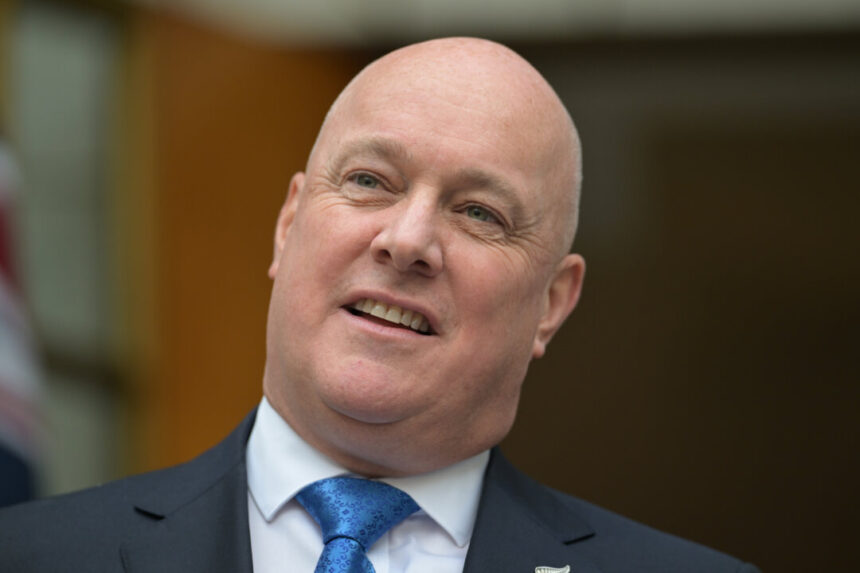As government leaders and Māori come together, frustration and resentment over a proposal to potentially alter the interpretation of the Treaty of Waitangi reaches a boiling point. Senior figures in the New Zealand government clashed with a pan-Māori movement on Aug. 19, as they opposed the government’s attempts to end what they perceive as preferential treatment based on race. Despite occasional disagreements among tribes and within them on political matters, they stand in solidarity against a government that has made drastic changes to several agencies responsible for providing services exclusively to Māori. These actions have been labeled as racist by some, while others view them as a necessary rebalancing. The closure of the Māori Health Authority, staff cuts at the Office of Māori-Crown Relations, the proposed repeal of a law regarding Māori fostered children, banning gang patches, and potential withdrawal from the United Nations Declaration on the Rights of Indigenous People are among the contentious decisions made by the government. Additionally, restrictions on the official use of the Māori language have been enforced, such as removing Māori phrases from invitations. The proposed Treaty Principles Bill has particularly incited Māori opposition and unity. It aims to codify the principles of the Treaty of Waitangi as stated in its original articles, a move driven by the ACT Party within the current tri-party government of New Zealand. The Treaty of Waitangi, signed in 1840, exists in two versions, English and Māori. The Labour government’s 1975 Treaty of Waitangi Act introduced the concept of treaty principles, entrusting their interpretation to the Waitangi Tribunal. This has resulted in nearly five decades of legal interpretations that have granted Māori distinct rights different from the general population. The issue escalated during the previous Labour government’s tenure, as it passed laws transferring water control to bodies involving Māori tribes and removed the referendum requirement for special Māori wards in local councils. The ACT Party argues against what they perceive as racial quotas in public institutions and criticizes the lack of public consultation on changes since 1975, leaving judicial interpretation of the principles unchallenged. Prime Minister Christopher Luxon and other officials faced strong opposition from Māori leaders at the Koroneihana event, with the Treaty Principles Bill sparking impassioned speeches against the government’s policies. Māori leaders expressed frustration with the government’s actions, with calls to unite and strategically engage politically. The minister for Māori Crown Relations noted that the coalition agreement only mandates support for the Bill up to the First Reading stage, indicating potential parliamentary review.
When the Bill is referred back to the House, neither party is obligated to vote for a Second Reading, meaning neither the Prime Minister nor he would support its progression.
Rahui Papa from the Kiingitanga urged Potaka to halt the Bill immediately and choose between his identity or his party.
He commended politicians for facing the tough discussions that need to be had but cautioned against any interference with their children.
Māori Party MP Tākuta Ferris vowed to fight against the attack on Māori for generations to come and called on Prime Minister Luxon to show leadership and stop the Bill.
Luxon, in his address, pledged that National would not support the Bill beyond the First Reading, acknowledging the concerns raised.
He emphasized the importance of unity despite differences and acknowledged that challenging times were ahead.
Speaking to the media later, Luxon acknowledged the diversity of views at Tūrangawaewae and the importance of coming together for the betterment of New Zealand.
Deputy Prime Minister Peters left early without speaking, while ACT Leader David Seymour claimed his party was not invited, a claim organizers refute.
Luxon confirmed that all parties were invited and noted that ACT’s attendance was their decision.




